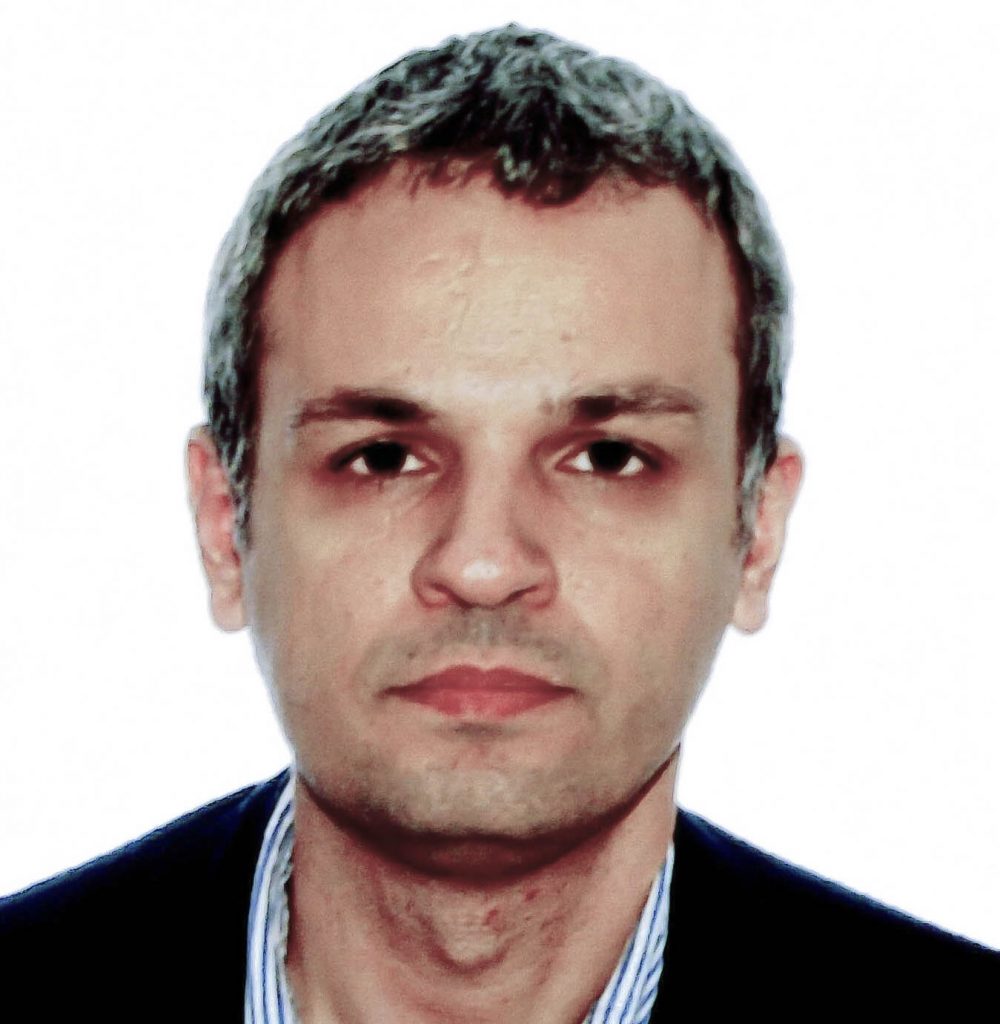- 20 Jan 2016
The Russian intervention in Syria: Motivations and Goals
Abstract
Recent media reports have claimed that the Kremlin has increased dramatically the level of its military engagement in Syria. Some analysts have pointed out to the long ties between the armed forces of the two countries, Russia’s naval facilities in Tartus, and Moscow’s selling of weapons to Syria as possible factors explaining the Kremlin’s constant and stubborn support for the Assad regime. While these factors have played a role, they do not alone provide a sufficient answer to the puzzle of Russian involvement in Syria. The sending of Russian troops in Syria indicates the beginning of a new era of great power antagonism in the Middle East. The presentation will analyse the Russian involvement in Syria through the prism of International Relations Theory. More specifically, it will utilize the theory of neoclassical realism to explain Putin’s decision to send troops to Syria. It will emphasize systemic (distribution of power capabilities among great powers), cognitive (Russian perceptions of the Middle East) and domestic (terrorism and Russian public opinion) variables.
About the Speakers

King’s College (London)
Emmanuel Karagiannis is a British and US-educated political scientist. Currently, he works as a Senior Lecturer (Associate Professor) at King’s College London’s Department of Defence Studies. He is also the Research Coordinator of the Doha-based Near East Center for Security and Strategy, a Senior Analyst at the political risk consultancy Wikistrat, and a Research Affiliate of the University of Maryland’s National Consortium for the Study of Terrorism and Responses to Terrorism. He lectured as a visiting professor in Italy (Luiss Guido Carli University), Cyprus (University of Cyprus), Spain (University of Zaragoza), and Russia (MGIMO). He obtained a Ph.D. in Politics from the University of Hull in Great Britain. He received his B.A in European Community Studies from London South Bank University and an M.A in International Security Studies from the University of Reading. He was a Postdoctoral Fellow at the University of Pennsylvania in 2005 and a Visiting Scholar at Yale’s University Macmillan Center for International and Area Studies in 2008. During 2010, he spent his sabbatical at Princeton University as a Stanley J. Seeger Visiting Research Fellow. His research interests include radicalization and terrorism, energy geopolitics in the Eastern Mediterranean and the Caspian Sea, political Islam in Central Asia and the Middle East, ethnic conflicts in the former USSR, and Russian foreign and security policy. He has traveled extensively throughout the Caucasus, Central Asia, and the Middle East to conduct research.




